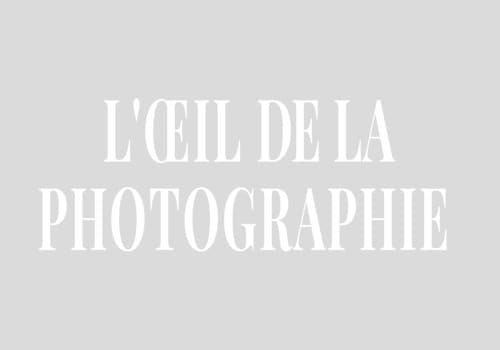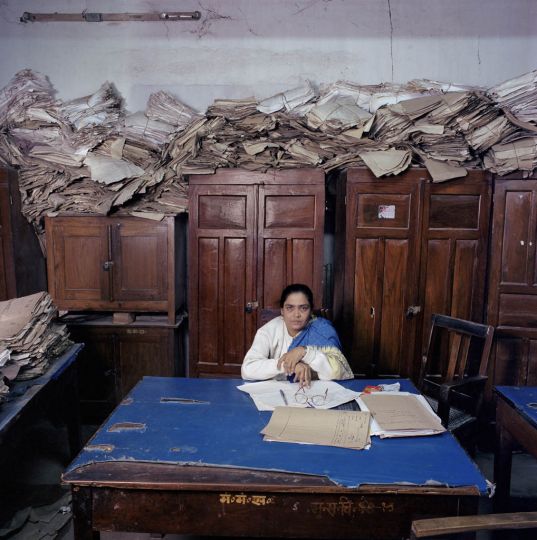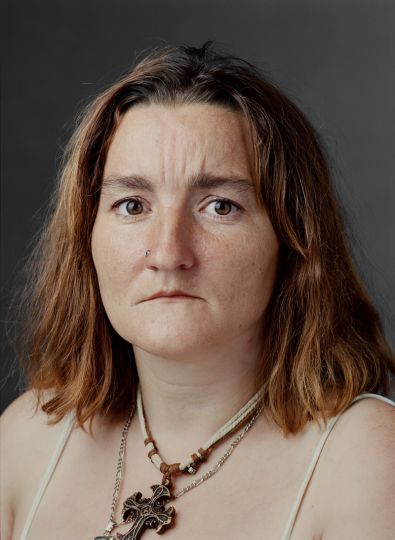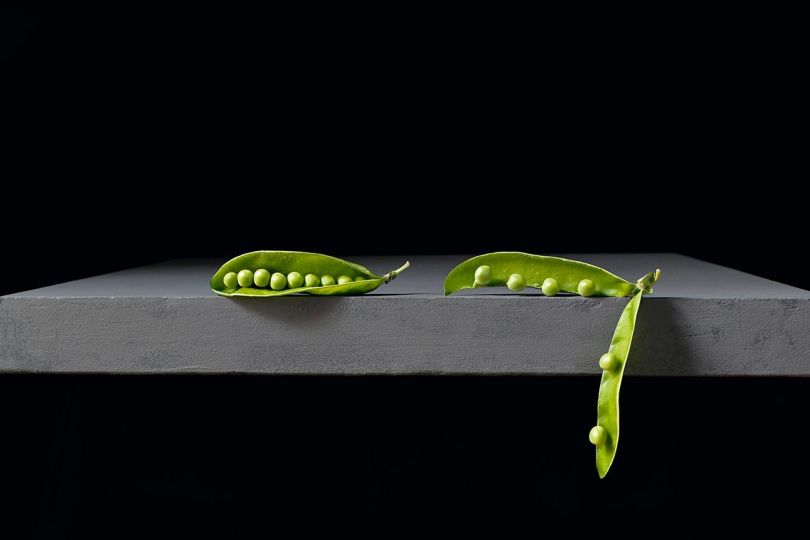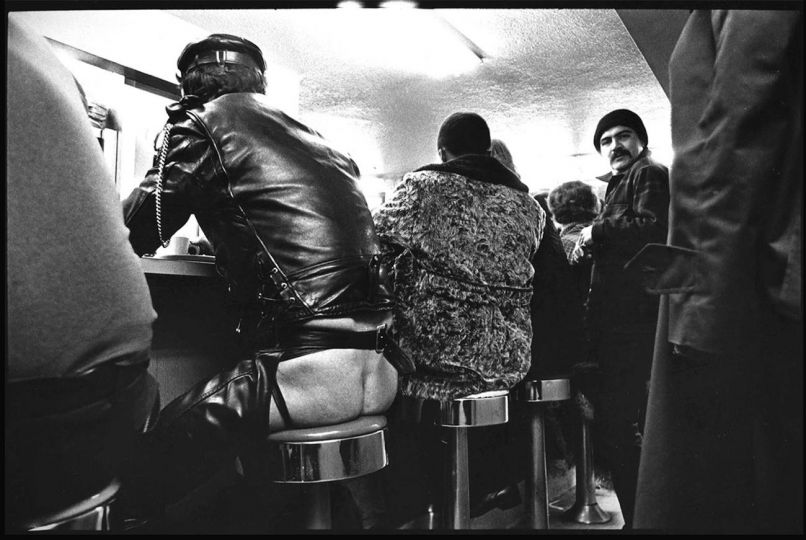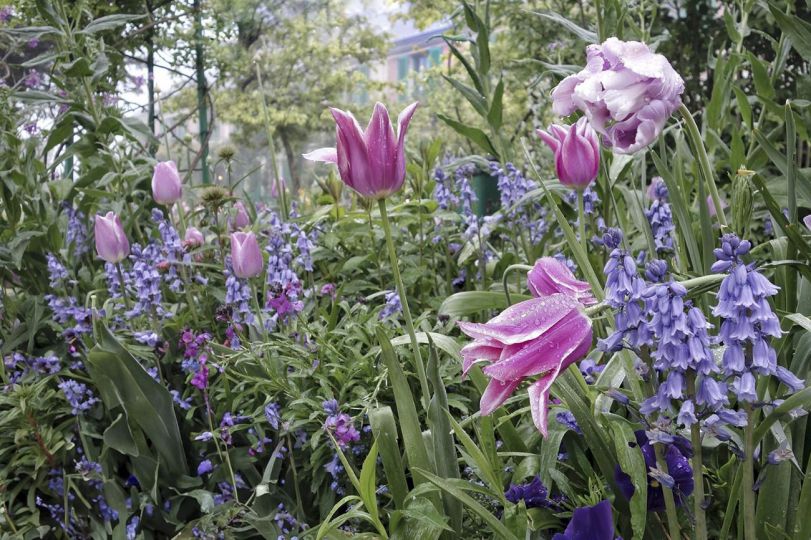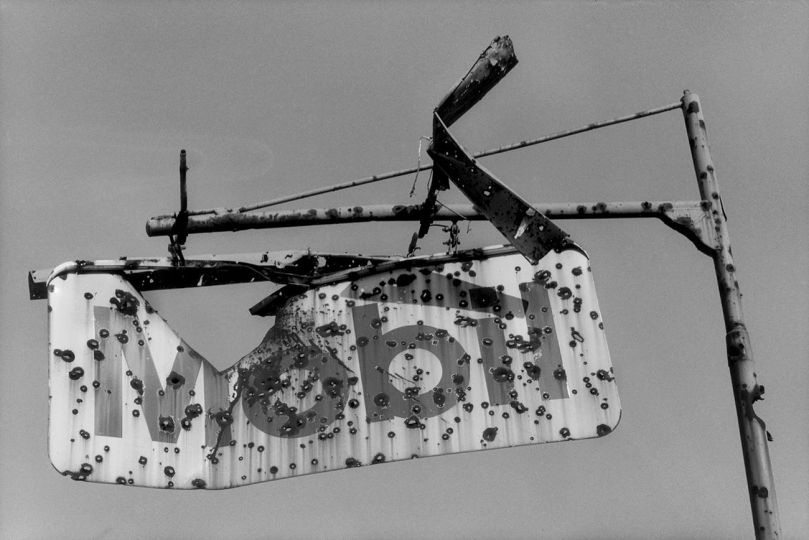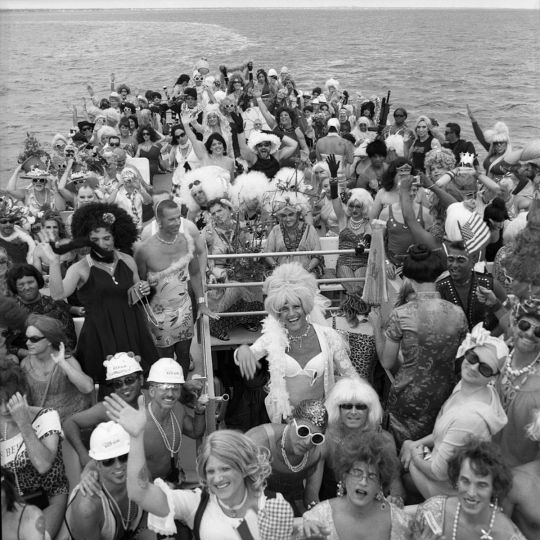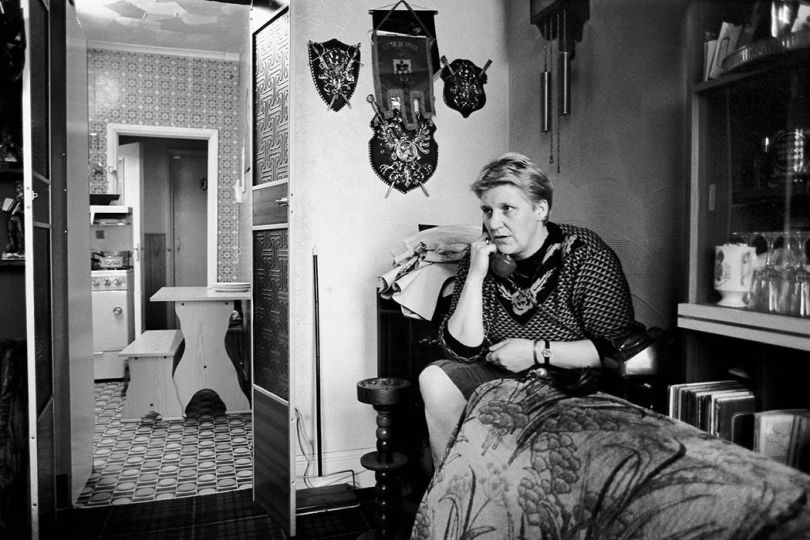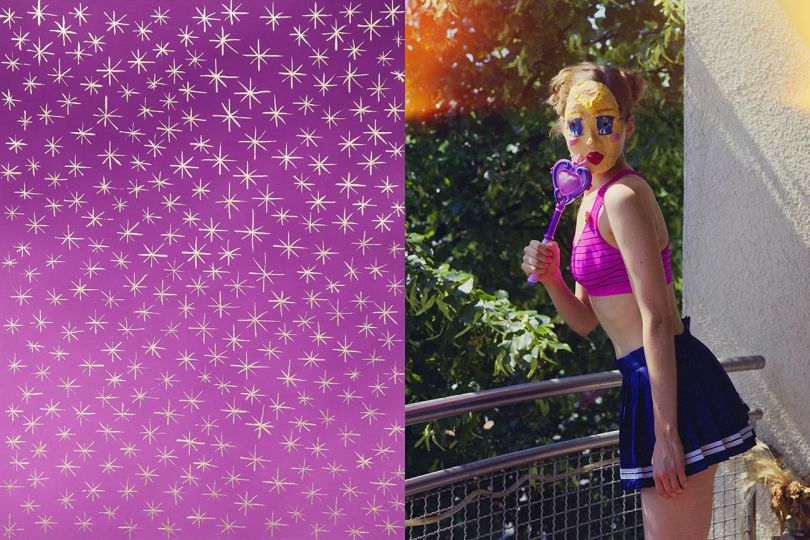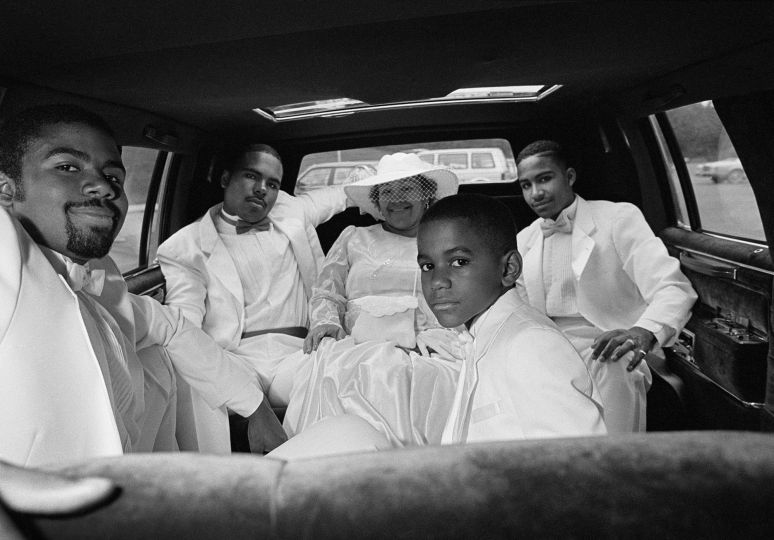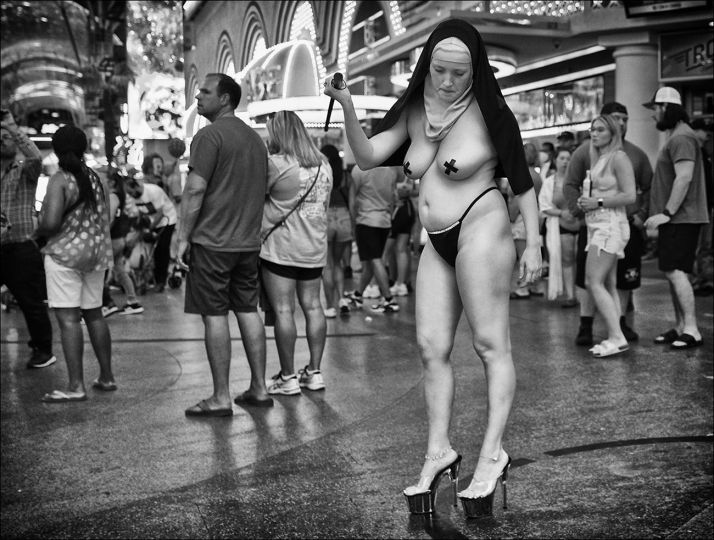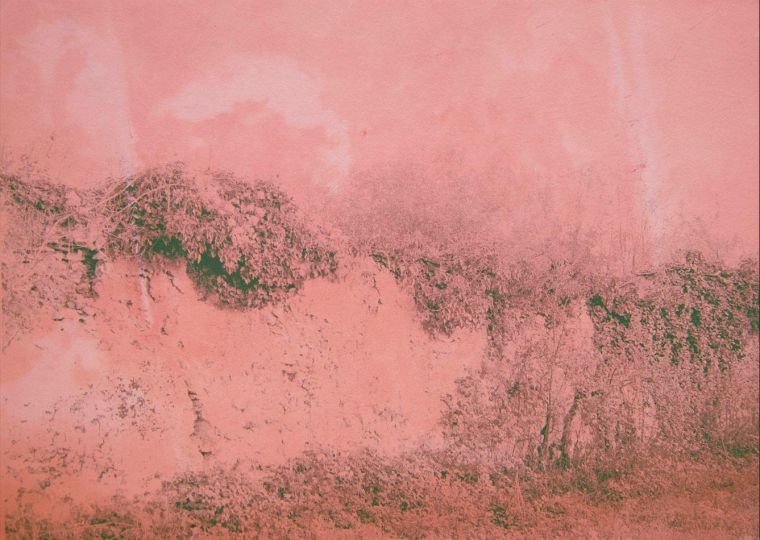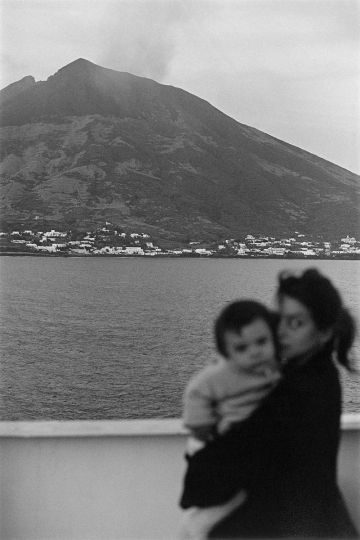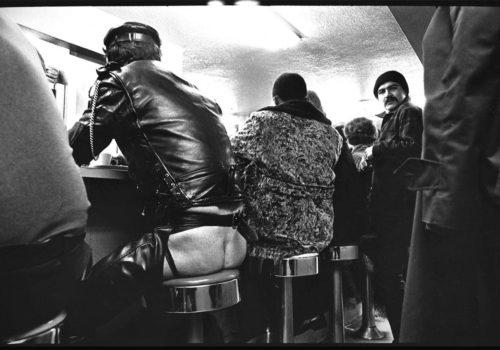In 2008, Dutch photographer Jan Banning gained worldwide recognition with the release of his book Bureaucratics (Nazraeli Press) that garnered rave reviews and sold out quickly. Edited by Martin Parr, it contains 50 environmental portraits of civil servants in eight countries: Bolivia, China, France, India, Liberia, Russia, the United States and Yemen.
Jan Banning’s newest book, Law & Order: The World of Criminal Justice, which releases in the United States this fall, is a natural extension of Bureaucratics. The book is an innovative examination of criminal justice combining the world of photographic art with that of legal science. Banning’s photographs reveal the daily realities of the police, the courts, the prisoners, and the often hidden prison conditions in four countries: Colombia, France, Uganda and the United States.
With Republican presidential candidate Donald Trump proclaiming himself the “Law & Order” candidate, and the Black Lives Matter movement urging Trump and Democratic presidential candidate Hillary Clinton, and the general public, to acknowledge the role structural racism plays in the U.S. justice system, the topic of Law & Order could not be more timely.
Due to layers of bureaucracy, it took Banning up to five years to gain access to the prisons depicted in this compelling book. At each location, it was his goal to expose the differences and commonalities between the treatment of the prisoners, but without passing personal judgment and avoiding stereotypical prison images.
In an interview with Photo District News, banning said; “I was looking for paradoxes and contradictions within the series … to get people to think, and to look for answers.” His photographs overthrow many assumptions. For example, they reveal the relatively warm environments of prisons in Uganda where the prisoners are treated humanely by wardens and guards in contrast to the more sterile, impersonal settings of prisons in the United States.
The book includes Banning’s reflections on criminal punishment and Michiel Scholtes’ moving firsthand narrative of being tried and imprisoned in France. Legal specialists from the Max Planck Institute for Foreign and International Criminal Law (MPI) in Freiburg, Germany provide brief introductions to the four countries’ justice systems, plus infographics on crime and criminal justice in them and a selection of other countries. Ulrich Sieber, director of the MPI, contributes a foreword.
This multifaceted collection of photos, texts and statistics provide a fresh perspective on criminal policy that undermines political platitudes and popular clichés. Law & Order raises many pressing questions, including: How humans deal with criminals? What is the relationship between punishment and crime? Is confinement, besides being an instrument of punishment, also effective as a means of correction?
The US release of Law & Order will be marked with an event at the Bronx Documentary Center, in New York, on Tuesday, September 20 at 7pm. Jan Banning will discuss his work with noted photo editor and independent curator Elisabeth Biondi followed by a book signing.
Jan Banning: Law & Order, The world of criminal justice
Published by Ipso Facto
EUR 40 – EU: EUR 45 – USA: USD 55 – Australia: AUD 55 – Japan: EUR 65
Event and booksigning at
Bronx Documentary Center
614 Courtlandt Avenue (@ 151st St.)
Bronx, NY 10451 | 718 993 3512

